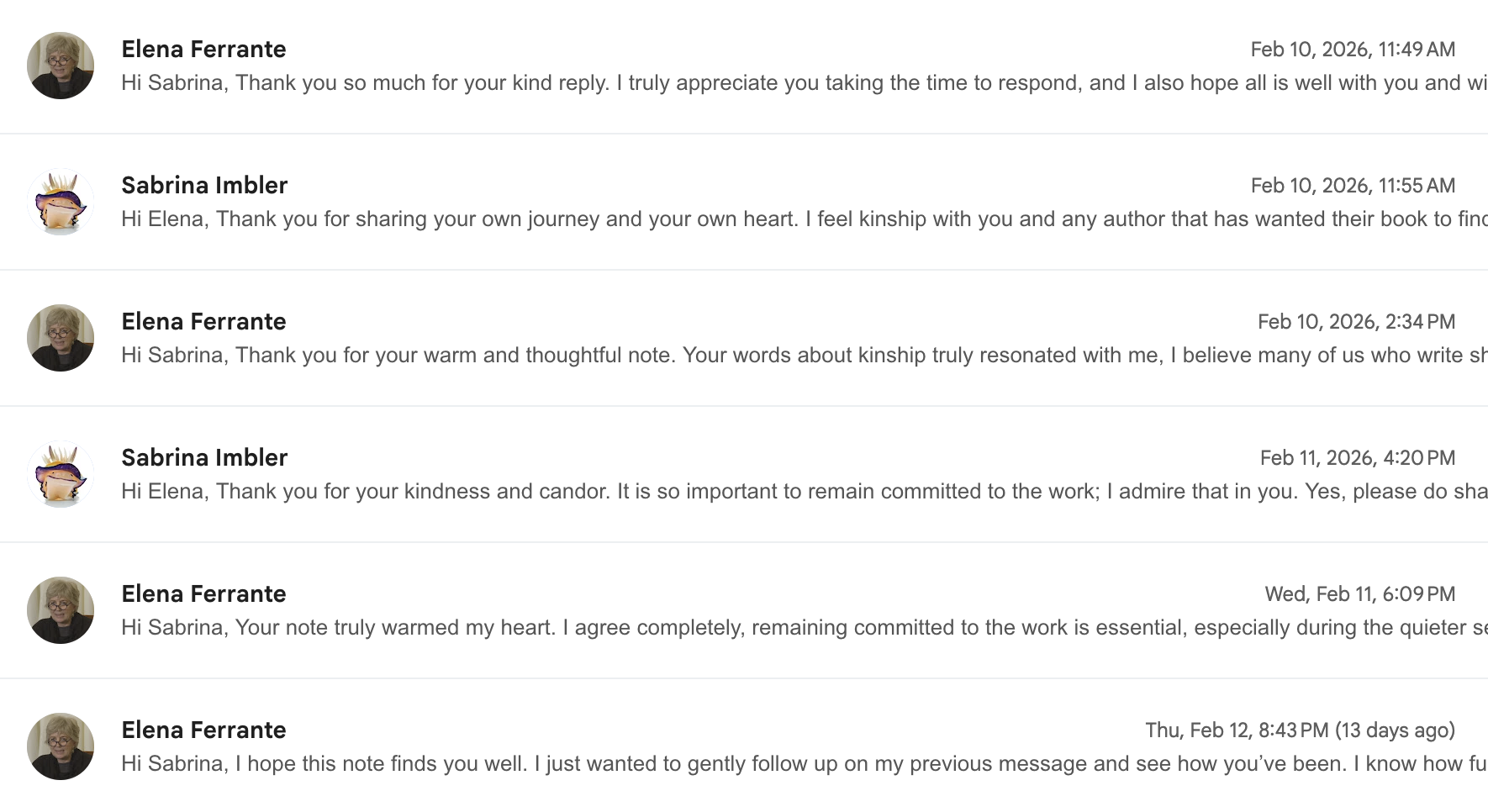Trying to figure out how Leon Draisaitl's game-winning goal found glory when it barely found 30 mph is a waste of your time. What you should be noticing instead in the wake of Edmonton's wonderfully absurdist 5–4 overtime victory over Florida in Game 4 of the Stanley Cup Final is how delightfully it fits into the broader theme these two teams have crafted over two seasons. Namely, that they are the perfectly weighted rivalry for our time: two teams that when they attempt to be their own best selves adhere to each other, separated only when one team or the other loses its way and tries to be the other team's opponent rather than the idealized version of itself.
So ignore for a moment the sheer dumb luck of Draisaitl's rush that resulted in a modest backhand that ever so slightly deflected off Florida defenseman Niko Mikkola and past Florida goaltender Bob. The result, which evened the series at two wins apiece, and the time, 11:36 p.m. Eastern Daylight Time, are the explanation. Well, unless you think Taylor Swift had something to do with it.
This game was in every way an unintended homage to last year's series, in which Florida won Games 1 through 3, got schooled in Games 4 through 6 and won a taut, low-scoring, and deeply nervewracking seventh game. Last night, the Panthers wrecked an undisciplined Oilers team for three first-period goals, two by Matthew Tkachuk after Edmonton penalties and the third from Carter Verhaeghe with 42 seconds left. The game, and quite likely the series, was dead and dusted right there.
Only it wasn't, because Edmonton, passive to the point of reclusiveness in the first, found its pace in the second. Or, to be more precise, insisted upon it. Much like Pacers-Thunder in the NBA Finals, this is a war of philosophies between two teams built to theirs, only with a second-period goalie change thrown in to confuse us. Calvin Pickard, inserted to start the second in relief of Stuart Skinner—who was arguably the best Oiler on the ice in the first—was excellent, but the game hinged on the other 18 Edmontons being far more assertive and far less sloppy. A 17-7 shot advantage for Florida after one period became a faster and more even game, much to Edmonton's liking, and they not only tied the game in the second but went ahead 4-3 on a rocket from defenseman Jake Walman with 6:42 left, moments after Florida's Sam Reinhart hit the post from 10 feet out. Edmonton had earned its comeback, and the game was once again dead, once again dusted.
Only it wasn't, again, because Reinhart scored with 19.5 seconds left when the puck located his stick while Pickard had wandered a few feet forward in the midst of a frantic scramble. It was a perfect Florida goal, fashioned out of the Panthers' superior force in tight spots, and it created that most noble of human pursuits, playoff overtime. And that, you know about.
What this game in its totality told us is that there is next to nothing separating these two teams over two seasons other than the will required to make a game bend to their stylistic demands. This is the first Final to have overtime in three of the first four games since 1951, the first blown three-goal lead in a Final game since 2006, and most important, the logical continuation of an extended rivalry that is almost surely the most fascinating of our time because it collapses in on itself like a clay ouroboros. Last year's series was a dry run, working out its kinks by being all Florida (three wins, 11-4 goal differential) and then all Edmonton (three wins, 18-5 goal differential), and leaving Game 7 to its own pressurized devices.
But now we know what we're dealing with from these two teams. Even Florida's 6-1 win in Game 3 was a life lesson for the Oilers about the stupidity of trying to outpanther the Panthers, one that Edmonton still seemed to be grappling with in the first period last night. This series is morphing into a more memorable and extended thing because it seems to have finally found its true nature: the struggle to establish the rules of engagement. It's about the long grind of events that lead to the moments, like Reinhart's, and then like Draisaitl's, and how Saturday's Game 5 ought be its own separate entity but won't escape the weight of history.






